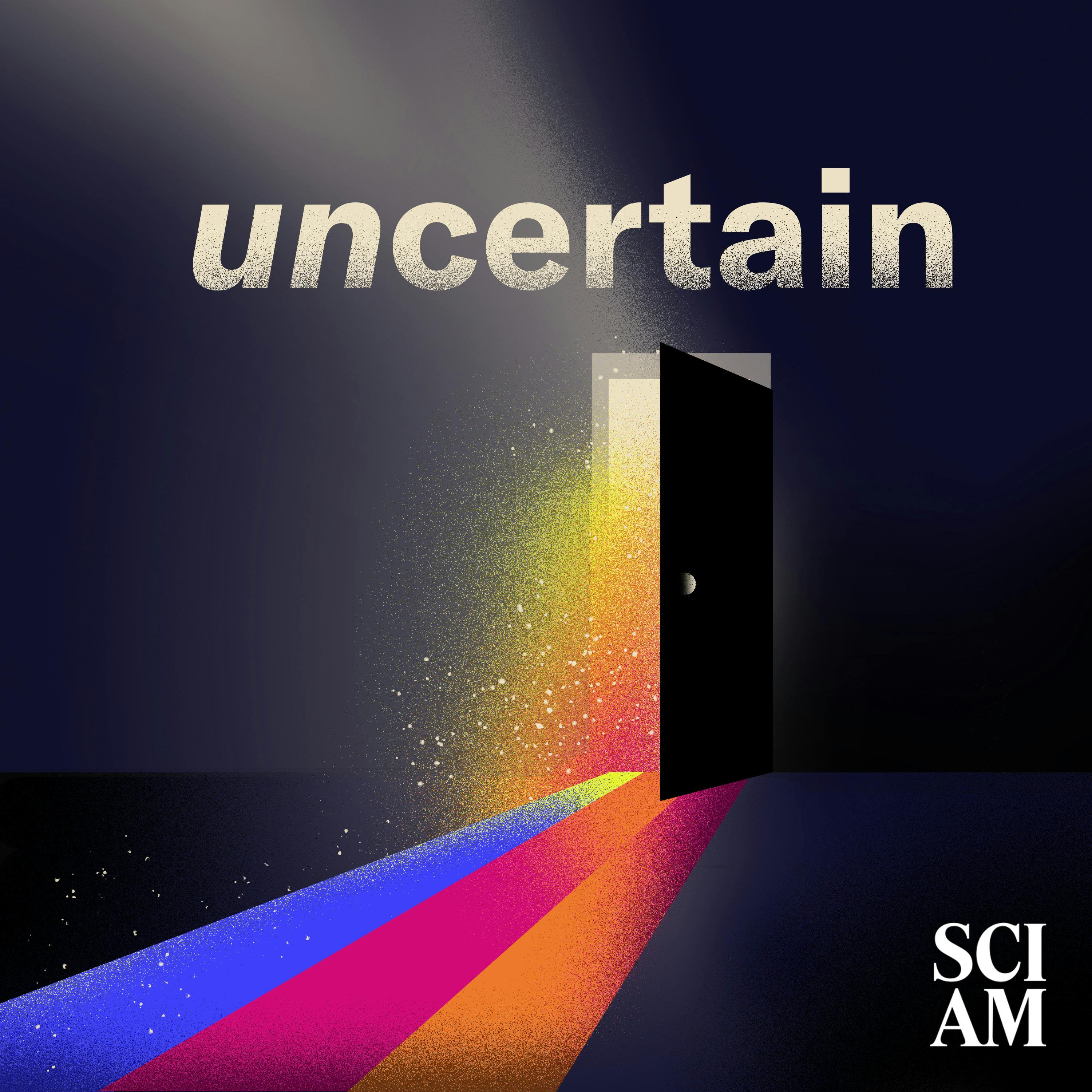

Science Talk
Scientific American
Science Talk is a podcast of longer-form audio experiments from Scientific American--from immersive sonic journeys into nature to deep dives into research with leading experts.
Episodes
Mentioned books

Apr 27, 2020 • 23min
Where Is Everybody Else in the Universe?
Guest host W. Wayt Gibbs talks with Jason Wright, a professor of astronomy and astrophysics at Pennsylvania State University’s Center for Exoplanets and Habitable Worlds, about what’s known as the Fermi paradox: In a universe of trillions of planets, where is everybody?
Learn more about your ad choices. Visit megaphone.fm/adchoices

Apr 24, 2020 • 32min
Why Exercise Is So Good For You
Health journalist Judy Foreman talks about her new book Exercise Is Medicine: How Physical Activity Boosts Health and Slows Aging. Learn more about your ad choices. Visit megaphone.fm/adchoices

Apr 23, 2020 • 17min
COVID-19: What the Autopsies Reveal
Pathologists are starting to get a closer look at the damage that COVID-19 does to the body by carefully examining the internal organs of people who have died from the novel coronavirus.
Learn more about your ad choices. Visit megaphone.fm/adchoices

Apr 3, 2020 • 16min
COVID-19: The Need for Secure Labs--and Their Risks
Coronavirus research requires high-containment labs. Journalist Elisabeth Eaves talks with Scientific American contributing editor W. Wayt Gibbs about her article “The Risks of Building Too Many Bio Labs,” a joint project of the New Yorker and the Bulletin of the Atomic Scientists.
Learn more about your ad choices. Visit megaphone.fm/adchoices

Mar 27, 2020 • 35min
Flat Earthers: What They Believe and Why
Michael Marshall, project director of the Good Thinking Society in the U.K., talks about flat earth belief and its relationship to conspiracy theories and other antiscience activities.
Learn more about your ad choices. Visit megaphone.fm/adchoices

Mar 24, 2020 • 17min
COVID-19: Predicting the Path and Analyzing Immunity
Scientific American contributing editor W. Wayt Gibbs continues to report on the coronavirus outbreak from his home in Kirkland, Wash., site of the first U.S. cases. In this installment, he talks with researchers about what their models show for the future of the pandemic and on research to create tests to see who has developed immunity.
Learn more about your ad choices. Visit megaphone.fm/adchoices

Mar 23, 2020 • 15min
COVID-19: How and Why the Virus Spreads Quickly
Scientific American contributing editor W. Wayt Gibbs reports from the original U.S. epicenter of the coronavirus outbreak: Kirkland, Wash. In this installment of our ongoing series, he talks with researchers about the properties of the virus and why it spreads so quickly.
Learn more about your ad choices. Visit megaphone.fm/adchoices

Mar 19, 2020 • 13min
COVID-19: The Wildlife Trade and Human Disease
Christian Walzer, executive director of global health at the Wildlife Conservation Society, talks about how the wildlife trade, especially for human consumption, can lead to disease outbreaks.
Learn more about your ad choices. Visit megaphone.fm/adchoices

Mar 18, 2020 • 36min
David Quammen: How Animal Infections Spill Over to Humans
In this 2012 interview, David Quammen talks about his book Spillover: Animal Infections and the Next Human Pandemic, which is highly relevant to the emergence of the coronavirus that has changed our lives. Learn more about your ad choices. Visit megaphone.fm/adchoices

Mar 16, 2020 • 15min
COVID-19: Dealing with Social Distancing
Judy Moskowitz, a professor of medical social sciences at Northwestern University, talks about ways to cope during this time of missing out on our usual diet of social interactions. Learn more about your ad choices. Visit megaphone.fm/adchoices


